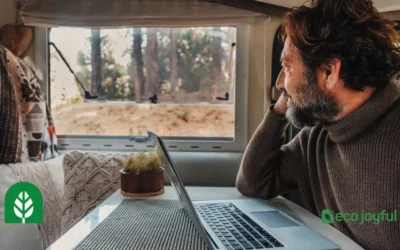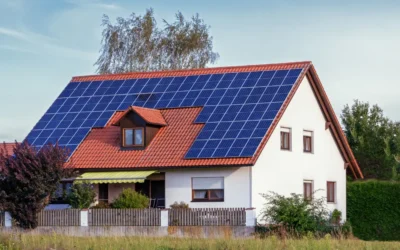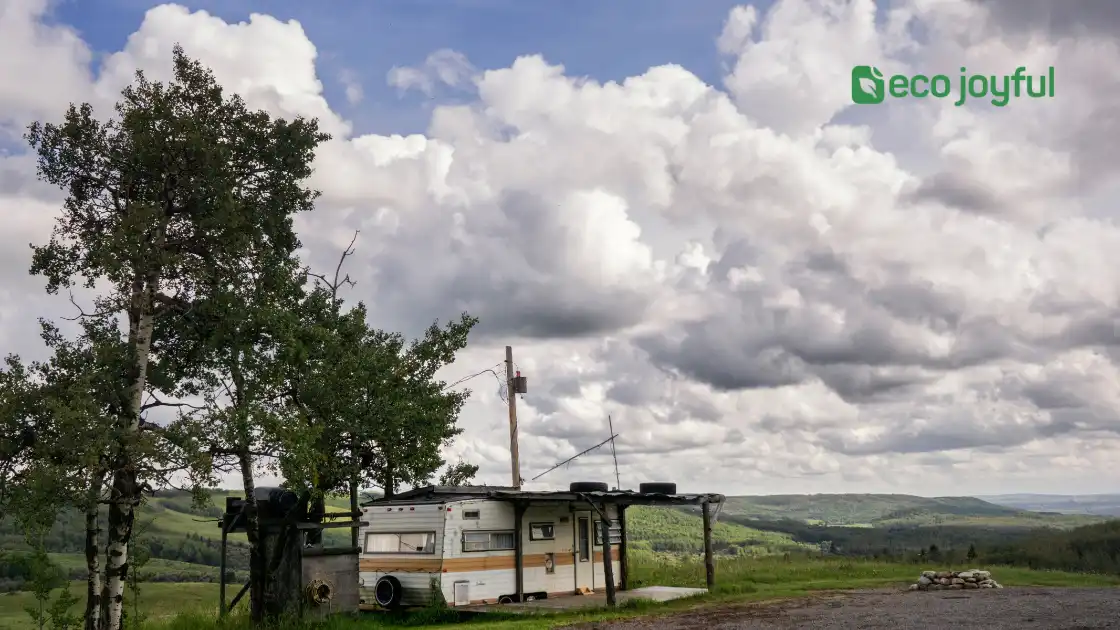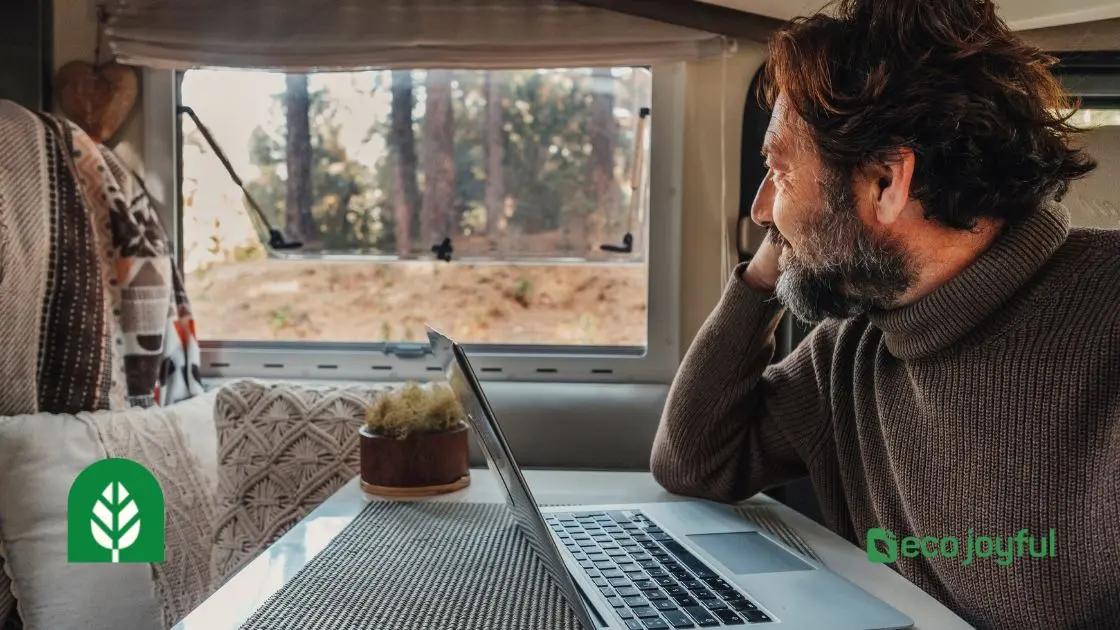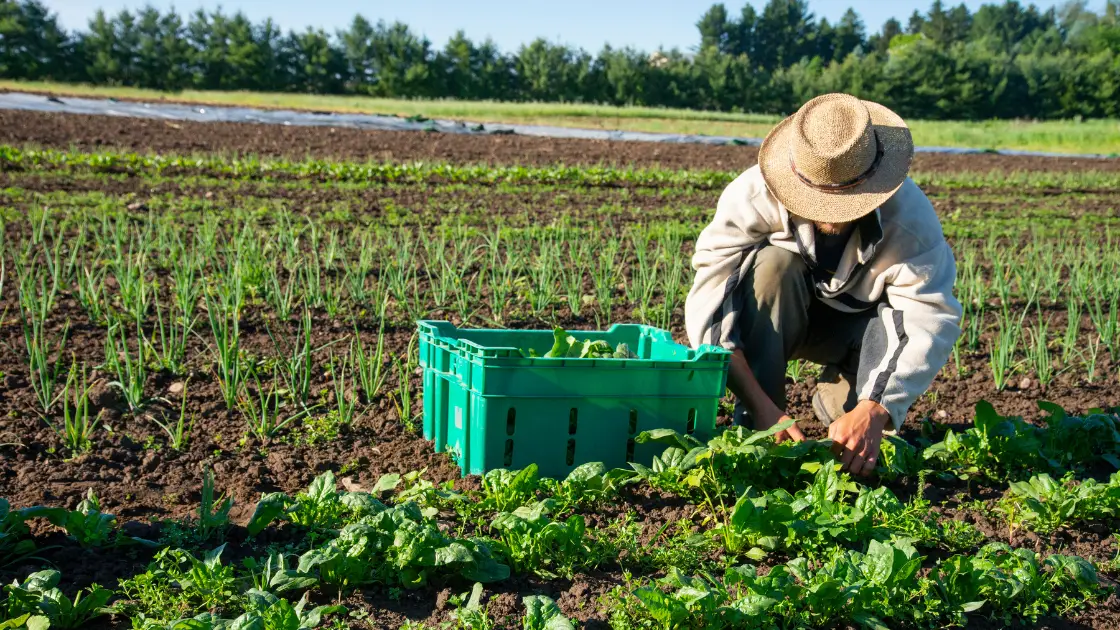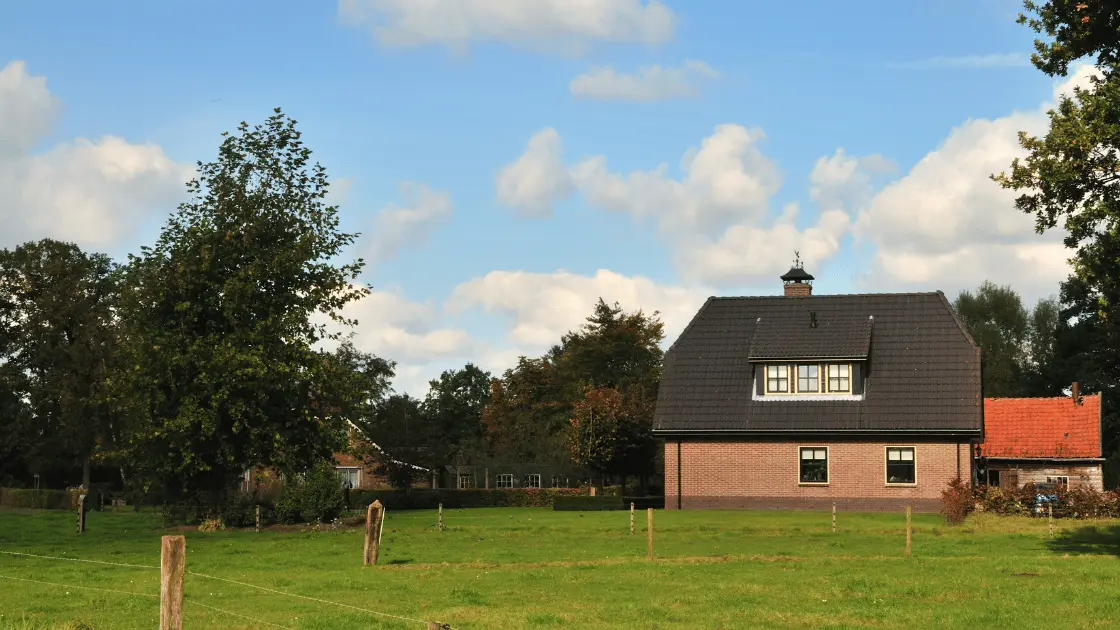To prepare for living off grid, focus on self-sufficiency by learning essential skills like gardening, hunting, and solar energy. Living off the grid offers a chance to break free from modern conveniences and become self-reliant.
Whether you’re seeking an alternative lifestyle or preparing for an emergency, the decision to go off the grid requires careful planning and preparation. From sourcing your food to generating electricity, living off the grid means being self-sufficient in all aspects of life.
By developing skills such as gardening, hunting, and harnessing solar energy, you can ensure you have the necessary resources to sustain yourself without relying on public utilities.
We’ll explore the steps you can take to prepare for living off the grid and find fulfillment in a simpler, more sustainable lifestyle.
Table of Contents
Understanding Off-grid Living
Discover the essentials of off-grid living and learn how to prepare for a self-sufficient lifestyle without relying on traditional utilities.
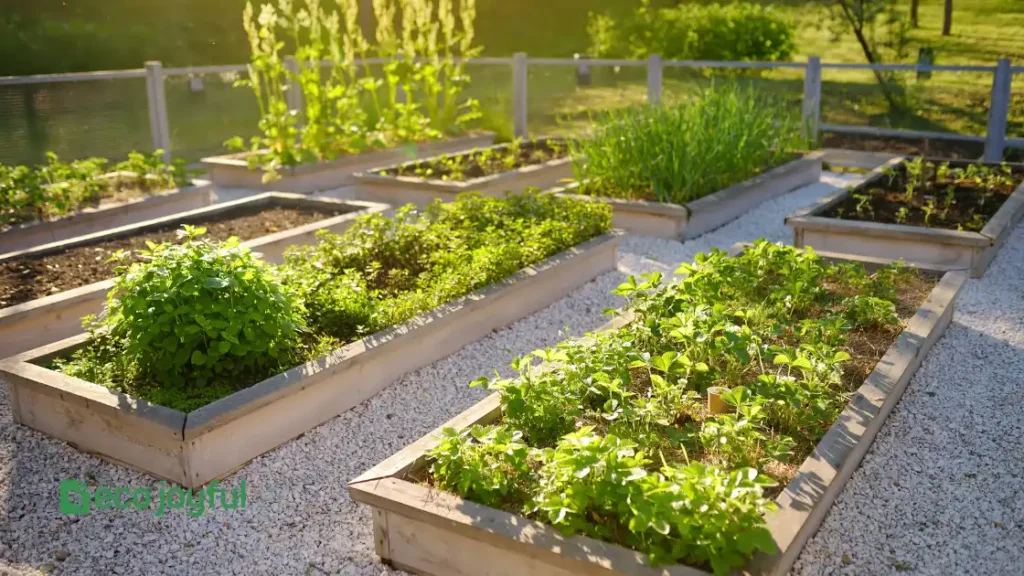
Master skills like sustainable energy, water conservation, and growing food to embrace a more independent and environmentally conscious existence.
What Is Off-grid Living?
Off-grid living is a lifestyle choice where individuals or families live independently from the public utility grid. This means relying on alternative energy sources for electricity, such as solar panels, wind turbines, or hydroelectric systems.
It also involves collecting rainwater, composting waste, and growing food. Put, living off-grid means being self-sufficient and reducing dependence on traditional resources.
It provides a unique opportunity to reconnect with nature, embrace sustainable practices, and lead a simpler, more eco-friendly life.
Benefits Of Off-grid Living
Living off the grid has numerous benefits that appeal to people from diverse backgrounds. Not only does it offer a sense of freedom and independence, but it also helps reduce ecological footprints and lower utility bills. Let’s explore some of the advantages of embracing off-grid living:
- Self-sufficiency: Off-grid living makes you self-reliant by generating power, growing food, and sourcing water. This independence can empower you to live on your terms and reduce reliance on external resources.
- Eco-friendly lifestyle: Using renewable energy sources like solar or wind power, off-grid living reduces the carbon footprint associated with traditional energy production. It promotes sustainable practices such as composting, rainwater harvesting, and organic gardening, contributing to a healthier planet.
- Financial savings: One of the significant advantages of living off-grid is the potential for significant cost savings. Since you generate your energy, you won’t have to pay utility bills. Additionally, growing your food can save money on groceries and eating out, while composting reduces the need for expensive fertilizers.
Challenges Of Off-grid Living
While off-grid living offers numerous benefits, it does come with its fair share of challenges.
It’s essential to be well-prepared for these challenges to ensure a successful off-grid experience:
- Initial setup costs: An off-grid system can require a significant initial investment. The cost of purchasing solar panels, wind turbines, and other equipment necessary for generating energy can be substantial. However, it’s worth considering that these upfront costs can often be recouped over time through savings on utility bills.
- Limited resources: Living off the grid means relying on self-generated resources. This might mean adapting to a more conservative lifestyle, especially regarding energy and water consumption. Being mindful of resource usage and finding efficient ways to minimize waste becomes crucial.
- Technological limitations: While advancements in off-grid technology have come a long way, there can still be limitations regarding energy storage and power generation during insufficient sunlight or wind. It’s essential to have backup plans, such as a generator or alternative energy sources.
By understanding the concept of off-grid living, including its benefits and challenges, you can better prepare yourself for the journey ahead.
As you embark on this adventure with a sustainable mindset and a willingness to learn, you’ll embrace a simpler, more self-sufficient lifestyle that nourishes your connection with nature and well-being.
Prepare for Living off Grid
Living off the grid requires a set of essential skills that can help individuals thrive in a self-sufficient and sustainable lifestyle.
From water collection and purification to food production and preservation, as well as energy generation and management, these skills are crucial for those looking to embrace an off-grid lifestyle.
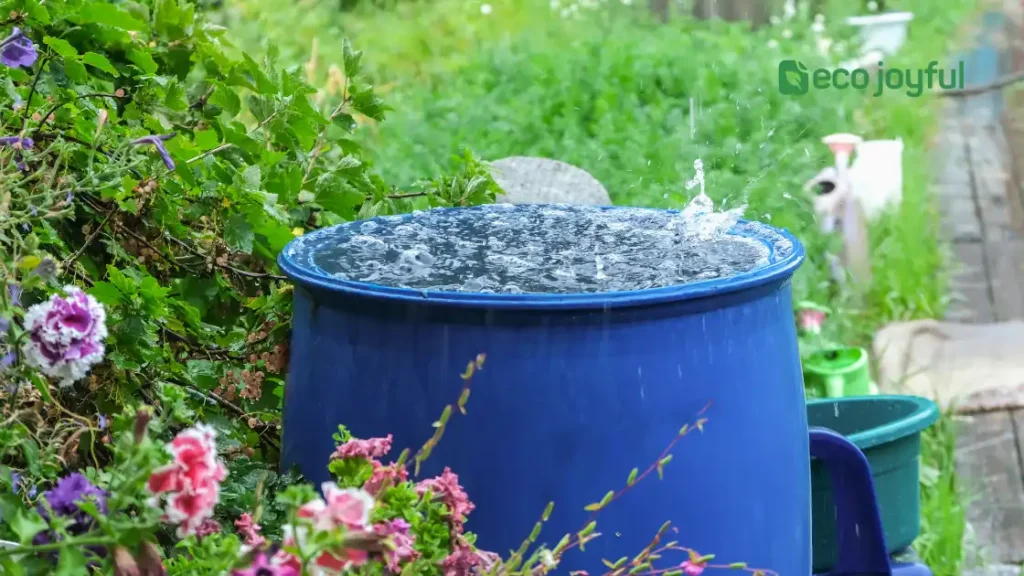
This article will explore these skills in detail, providing valuable insights to help you prepare for living off the grid.
Water Collection And Purification
Access to clean and potable water is paramount when living off the grid. Collecting and purifying water for everyday use is necessary without reliable water sources.
To ensure a steady supply of water, you can implement various techniques:
- Rainwater Harvesting: Capture rainwater using collection systems such as gutters and storage tanks. Install a filtration system to remove impurities.
- Well Digging: If your property allows, digging a well can provide a constant groundwater source. Remember to check local regulations and consult experts for safe digging practices.
- Stream or River Water: If you have a natural water source nearby, learn methods for collecting and filtering water, like using a sand filter or water purification tablets.
Remember to develop skills in water purification techniques such as boiling, using water filters, or utilizing solar stills for emergencies where the water sources might not be pristine.
Food Production And Preservation
An essential aspect of living off the grid is growing your food. Cultivating your garden or establishing a permaculture system helps ensure a sustainable food source.
Here are several food production techniques that can facilitate a self-sufficient lifestyle:
- Vegetable Gardening: Learn how to cultivate vegetables suitable for your climate and soil conditions. Practice sustainable methods like composting and crop rotation for healthy yields.
- Fruit Trees and Berry Bushes: Plant fruit trees and berry bushes to supplement your garden produce. These perennial plants provide an ongoing source of fresh fruit.
- Animal Husbandry: Consider raising livestock, such as chickens for eggs, goats for milk, or rabbits for meat. Ensure adequate space, feed, and health management for your animals.
Once you have harvested your crops and livestock, it is vital to learn food preservation techniques. These methods will help you store and extend the shelf life of your produce:
- Canning: Preserve fruits, vegetables, and even meats in glass jars or cans using heat to kill bacteria and prevent spoilage.
- Drying: Dehydrate fruits, vegetables, herbs, and meats to remove moisture and preserve nutrients. This method is ideal for creating dried fruits or jerky.
- Root Cellar: Utilize a naturally relaxed and humid environment to store root crops, such as potatoes, carrots, and onions.
Energy Generation And Management
To sustain an off-grid lifestyle, it is crucial to manage energy efficiently. Generating your power allows you to be self-reliant and reduce reliance on conventional power sources. Here are some energy generation methods to consider:
- Solar Power: Install solar panels to harness the sun’s energy and convert it into usable electricity.
- Wind Turbines: If your location experiences consistent winds, you can generate power with wind turbines. Conduct proper research to ensure optimal positioning for maximum efficiency.
- Hydroelectric Power: If you can access a flowing water source like a stream or river, utilizing hydroelectric power can provide a continuous energy source.
Managing energy involves effective conservation and storage techniques. Consider the following practices:
- Energy-Efficient Appliances: Invest in energy-efficient household appliances and electronics to minimize energy consumption.
- Battery Storage: Store excess energy generated during peak production times in batteries for use during low production periods or power outages.
- Energy Monitoring: Monitor your energy consumption patterns to identify ways to optimize energy usage and reduce waste.
By developing essential skills in all these areas – water collection and purification, food production and preservation, and energy generation and management – you will be better equipped to live off the grid. With a self-sufficient lifestyle, you can decrease reliance on external resources and enjoy a more harmonious relationship with nature.
Creating A Sustainable Off-grid Lifestyle
Living off the grid offers a unique opportunity to embrace self-sufficiency and minimize environmental impact.
Creating a sustainable off-grid lifestyle can reduce dependence on traditional utilities and foster a harmonious relationship with nature.
This section will explore three critical aspects of building a sustainable off-grid lifestyle: Building and Maintaining an Off-Grid Home, Managing Waste and Recycling, and Engaging with the Off-Grid Community.
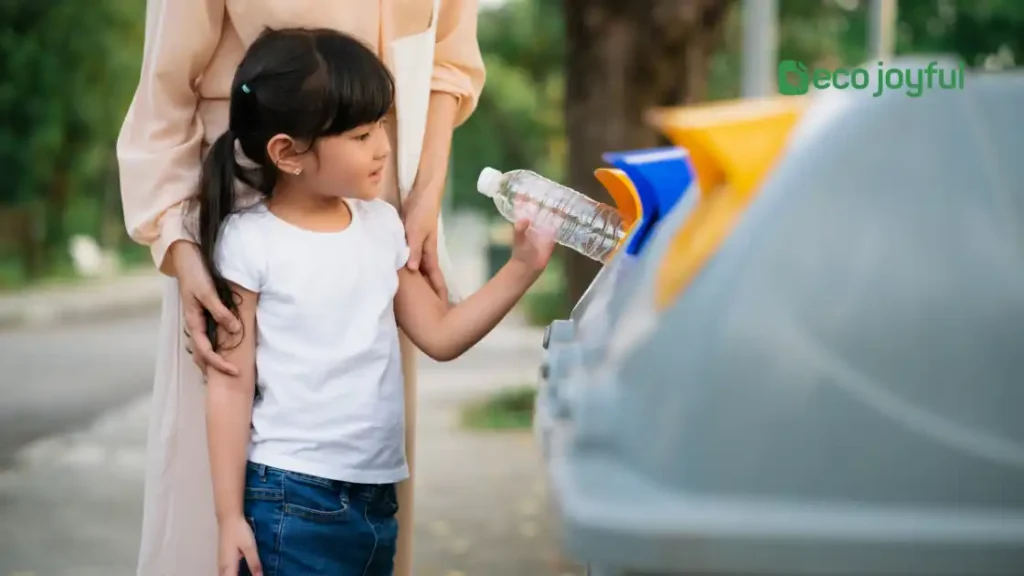
Choosing eco-friendly materials and incorporating energy-efficient design principles is crucial when building your off-grid home.
Constructing your home using sustainable materials like reclaimed wood, bamboo, or recycled metals can significantly reduce your carbon footprint.
Opting for energy-efficient appliances and installing solar panels or wind turbines can help you generate clean and renewable energy.
Investing in durable and high-quality equipment is essential to ensure the long-term maintenance of your off-grid home.
Regularly inspecting your solar panels, batteries, and water filtration systems is necessary to identify and address potential issues.
Maintaining a well-insulated home and using energy wisely can also contribute to minimizing energy consumption and prolonging the lifespan of your equipment.
Living off the grid doesn’t mean neglecting your responsibility to the environment. Effective waste management and recycling practices are essential for a sustainable off-grid lifestyle. Composting organic waste can provide nutrient-rich soil for gardening, while recycling paper, plastic, glass, and metal can help conserve resources and reduce landfill waste.
Creating a designated area for sorting and storing recyclables and researching local recycling centers or programs can streamline the recycling process. Implementing strategies such as reducing packaging waste, reusing items whenever possible, and upcycling materials can further contribute to a sustainable off-grid lifestyle.
Engaging with the off-grid community can provide invaluable support, insights, and inspiration on your journey towards sustainability.
Participating in local workshops, conferences, or online forums can help you learn from experienced off-gridders and exchange ideas with like-minded individuals.
Joining a community garden or cooperative can also foster a sense of camaraderie and enable you to share resources, knowledge, and skills.
Collaborating on off-grid projects or initiatives benefits the community and strengthens overall sustainability practices. Sharing surplus produce, seeds, or tools with your off-grid neighbors promotes self-reliance and a more resilient community.
Engaging with the off-grid community creates an environment of learning, mutual support, and collective progress towards a sustainable future.
By focusing on these key areas: Building and Maintaining an Off-Grid Home, Managing Waste and Recycling, and Engaging with the Off-Grid Community, you’ll be well on creating a sustainable lifestyle.
Embracing self-sufficiency and minimizing your ecological footprint allows you to find harmony with nature and positively impact the environment.
Conclusion
Congratulations! You now possess the knowledge and necessary steps to prepare for living off the grid. Following these guidelines, you can embrace a self-sufficient lifestyle that reduces reliance on modern conveniences.
From setting up alternative power sources to developing sustainable food production methods, you have the tools to thrive in a world disconnected from the grid.
Embrace the challenges ahead and embrace the freedom of living off the grid!


